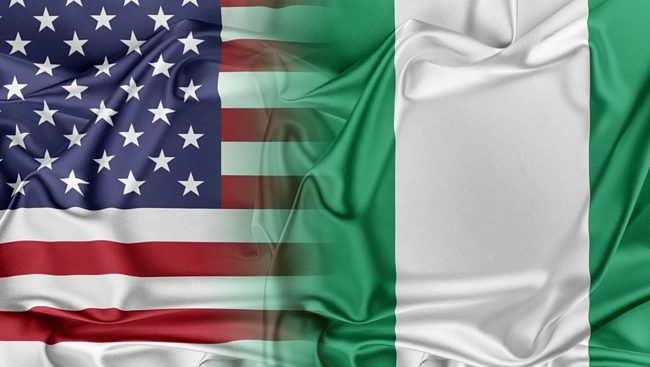The United States government has reiterated its dedication to enabling Nigerian women entrepreneurs reach their full economic potential and establish the conditions necessary to improve everyone’s stability, security, and prosperity.
It stated that its Academy for Women Entrepreneurs would be the vehicle for this. This information was revealed at a recent three-day session in Lagos that brought together 150 academy alumni to improve their digital literacy.
Speaking at the function, Mr. Will Stevens, the Consul-General of the United States in Nigeria, stated that the School for Women Entrepreneurs is an amazing reunion of more than 130 of the 150 women who have graduated from the school in recent years.
“We have been doing this for the past few years since 2019. This is a programme that the US government sponsors to train women who already have small businesses and help their businesses to grow with the aid of further investments in technology, agriculture, and investment services.
“It helps them connect mentors in the United States at the graduate business school in Arizona and mentors in the private sector in the United States and among each other. These women across Nigeria are supporting each other and growing their businesses and employing Nigerians,” Stevens said.
He went on to say that it is encouraging to see women stepping up to become entrepreneurs and working with the US.
Stevens states that the school holds an intake each year for female applicants to the program, stating that “we select between 30 and 50 women to participate.”
Stevens added that by giving Nigerian businesswomen the necessary tools for success, the program has continuously played a crucial part in empowering them.
“Being a part of the academy in the past five years has been an incredible journey and it has helped women entrepreneurs’ businesses to scale,” stated Adebisi Odeleye, the President of the AWE Alumni Association, in her speech. Numerous incentives from the US government have accelerated the growth of different companies.
In a similar move, Women in Successful Careers and UN Women have announced the opening of an Affirmative Procurement Project, which aims to improve women’s full involvement in the public and economic spheres and advance gender-responsive procurement practices.
According to a statement released by WISCAR on Friday, the organisation plans to work with private sector partners in Lagos to promote gender equality in their supply chain and procurement procedures and to pledge to the principles of women’s empowerment.
‘The Affirmative Procurement Project comes at a time when global businesses increasingly recognise that pursuing gender equality is not only a moral obligation but a business imperative.
“Women-owned businesses, which comprise 40 per cent of small and medium enterprises worldwide, shockingly receive only one per cent of corporate procurement contracts,” the statement said.

